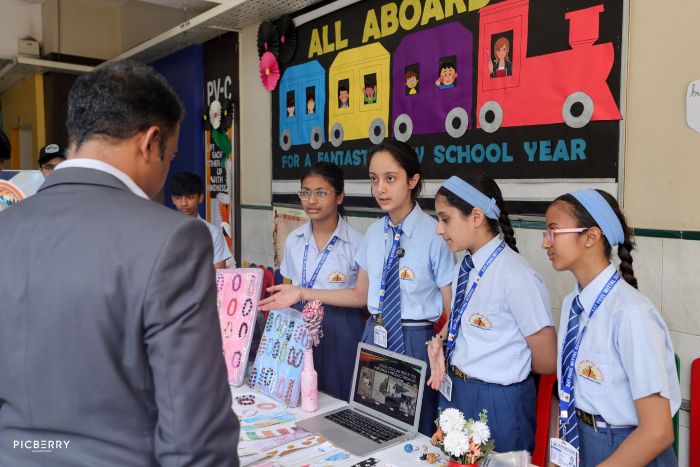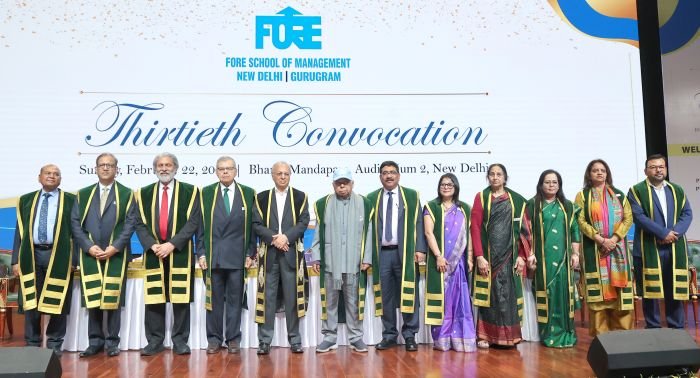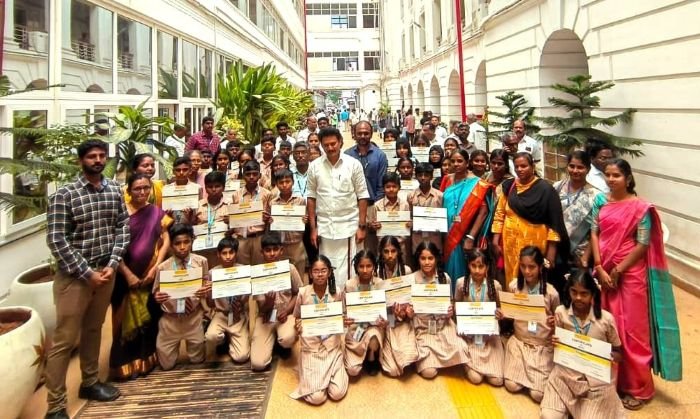
Sat Paul Mittal School, Ludhiana, is amongst the top-performing schools with scores comparable to highest performing education systems in the PISA. In the PISA-based Test for Schools (PBTS) conducted from November 2024 to January 2025, the school got a score of 543 in Mathematics significantly higher than the OECD countries’ average and exceeding those of high-performing systems such as Japan and Chinese Taipei. In Science, with 537, the score is similar to Chinese Taipei while in Reading, a score of 516 is also on par with global leaders like Ireland and Japan.
Rakesh Bharti Mittal, Chairman, Sat Paul Mittal School, commended the achievement, stating, “This exceptional performance in the PISA-based Test for Schools is a true testament to the dedication and innovation of our educators, the hard work of our students, and the steadfast support of our parent community. We take great pride in setting global benchmarks in education and remain steadfast in our commitment to a student-centered approach, nurturing future-ready, compassionate, and curious learners equipped with 21st-century skills.” Among the schools in India that have voluntarily participated in PBTS, Sat Paul Mittal School, Ludhiana, has reinforced its position as a frontrunner in global education standards.
The PISA-based Test for Schools (PBTS), developed by the OECD, is a powerful international diagnostic tool designed to assess the real-world application of knowledge in reading, mathematics, and science among 15-year-old students. Unlike traditional exams, PBTS focuses on competencies and critical thinking rather than rote memorization, aligning well with India’s National Education Policy (NEP) 2020 goals. While PBTS is mapped to the PISA international scale, it is intended for self-reflection and improvement, not for ranking schools or students.
India’s engagement with the OECD’s main PISA has been limited, with only one participation in 2009 that ended in withdrawal due to concerns over cultural relevance. Though a renewed agreement was signed in 2019, India later opted out of the 2022 cycle and is unlikely to join PISA 2025. Nevertheless, states like Gujarat have partnered with the OECD to pilot PBTS in government schools, marking a shift toward data-driven educational reform.
The PISA-based Test for Schools, developed by the OECD, provides a school-level benchmarking study that assesses students’ ability to apply knowledge to real-life situations—offering valuable insights into teaching effectiveness, student engagement, school environment, and emotional well-being. PBTS offers schools a meaningful benchmark for competency-based education and fosters reflective teaching practices. Rather than promoting competition, it encourages internal development and peer learning, making it a valuable tool for transforming education in India.







